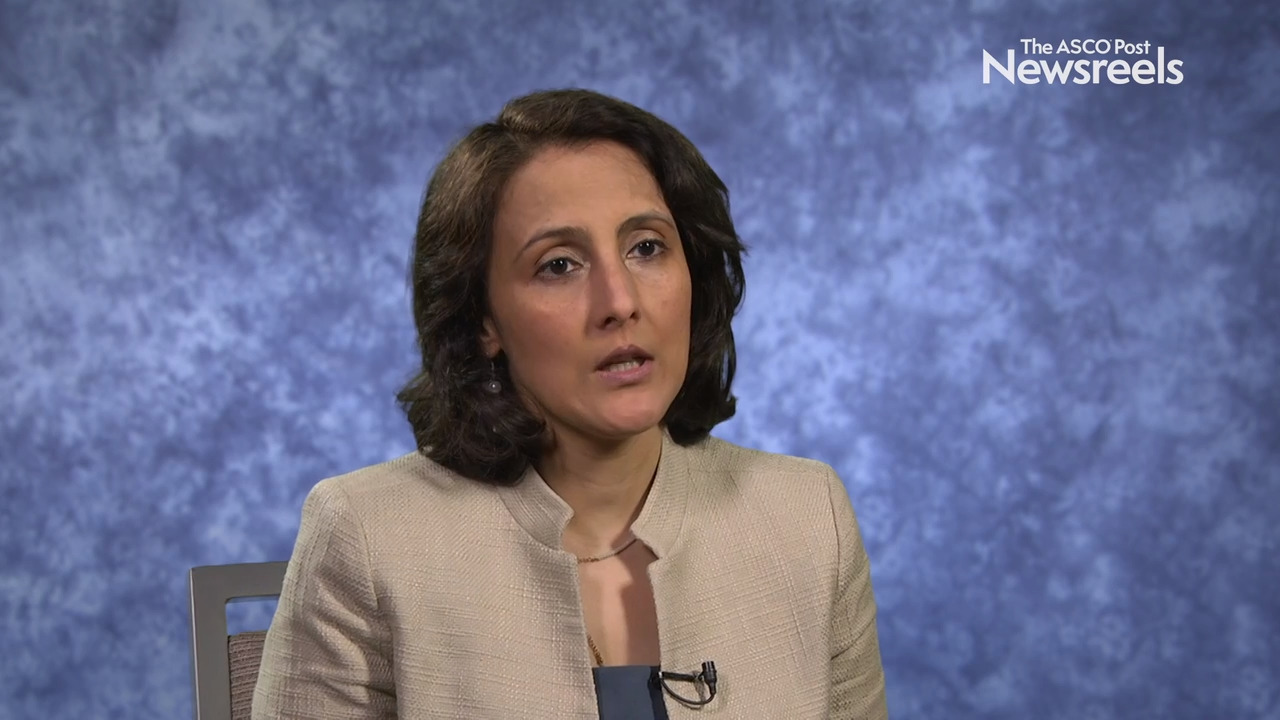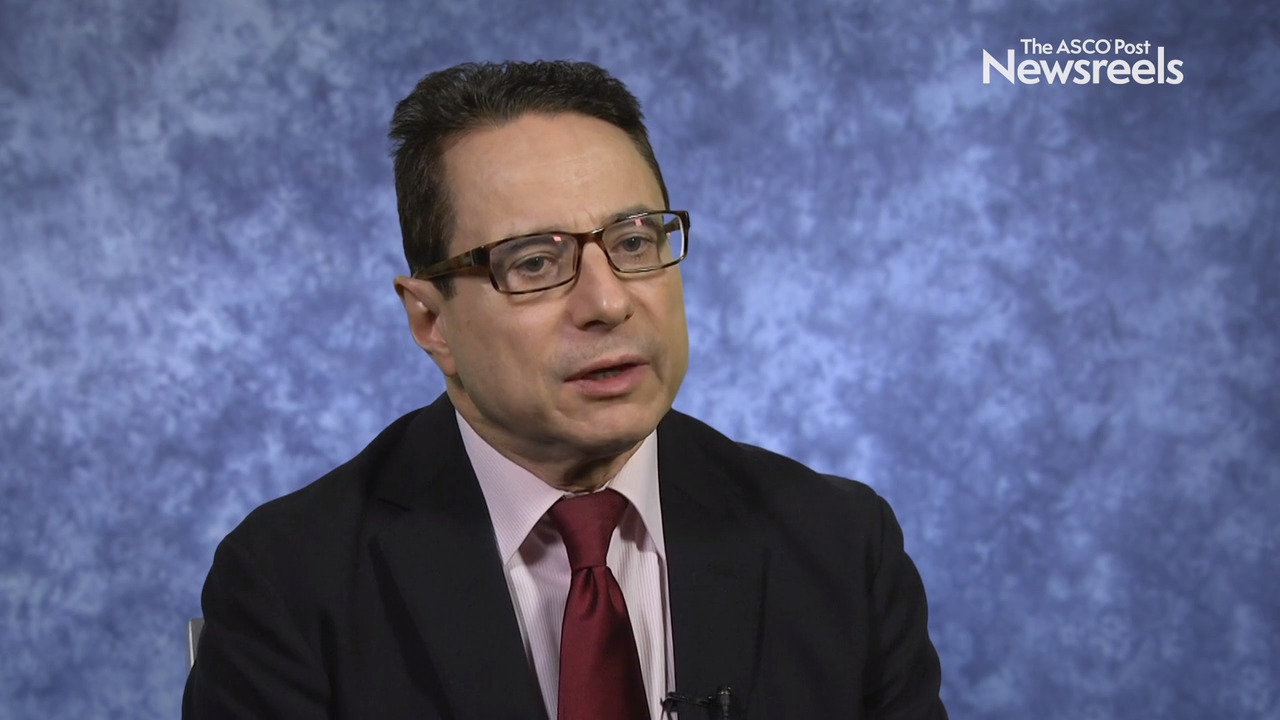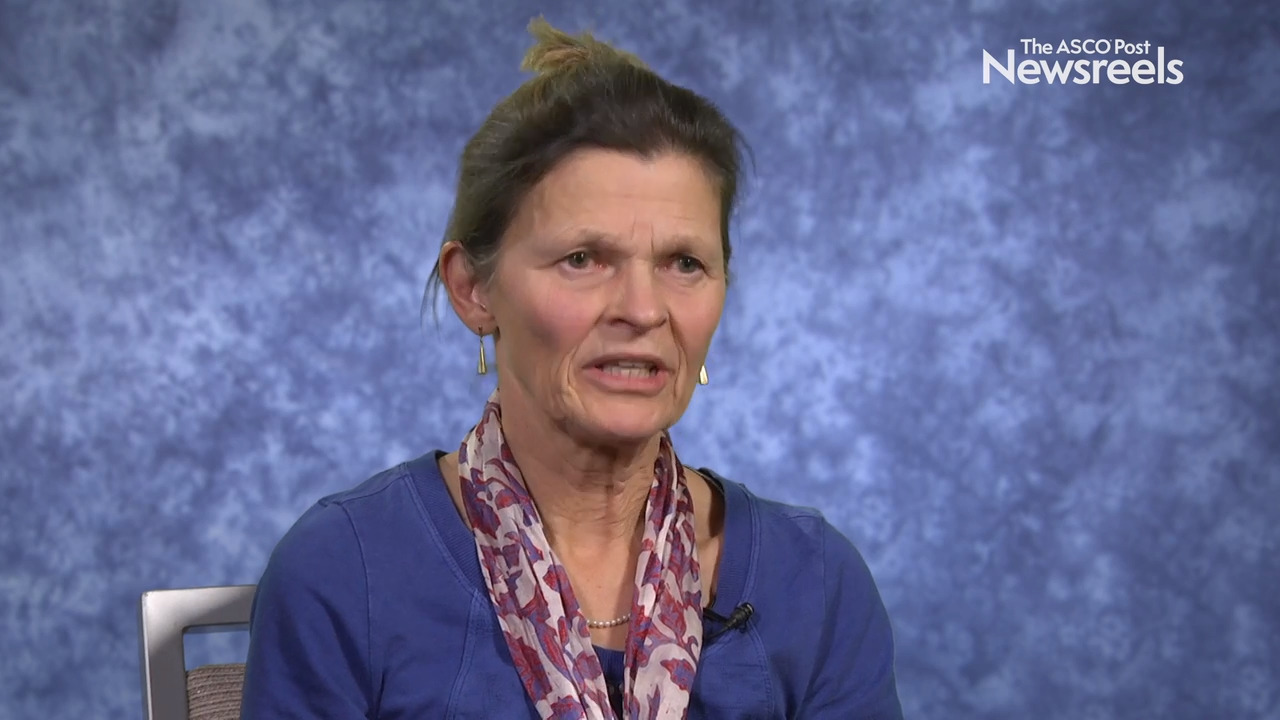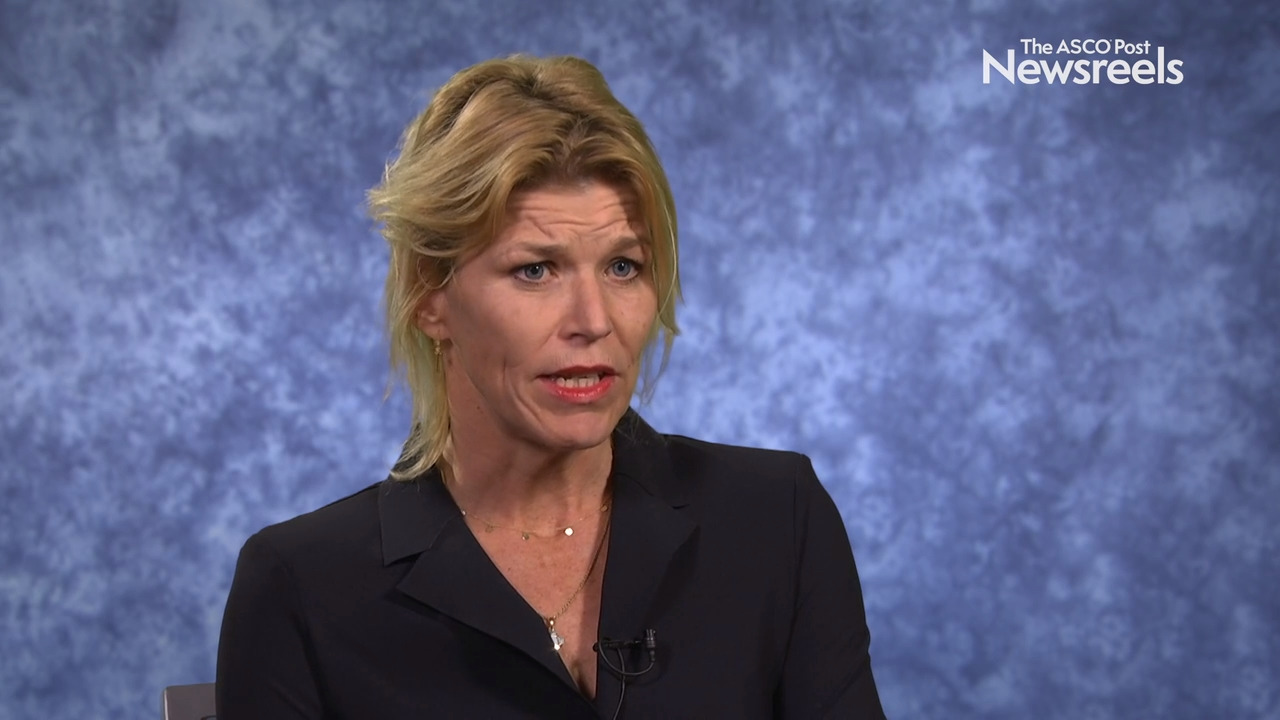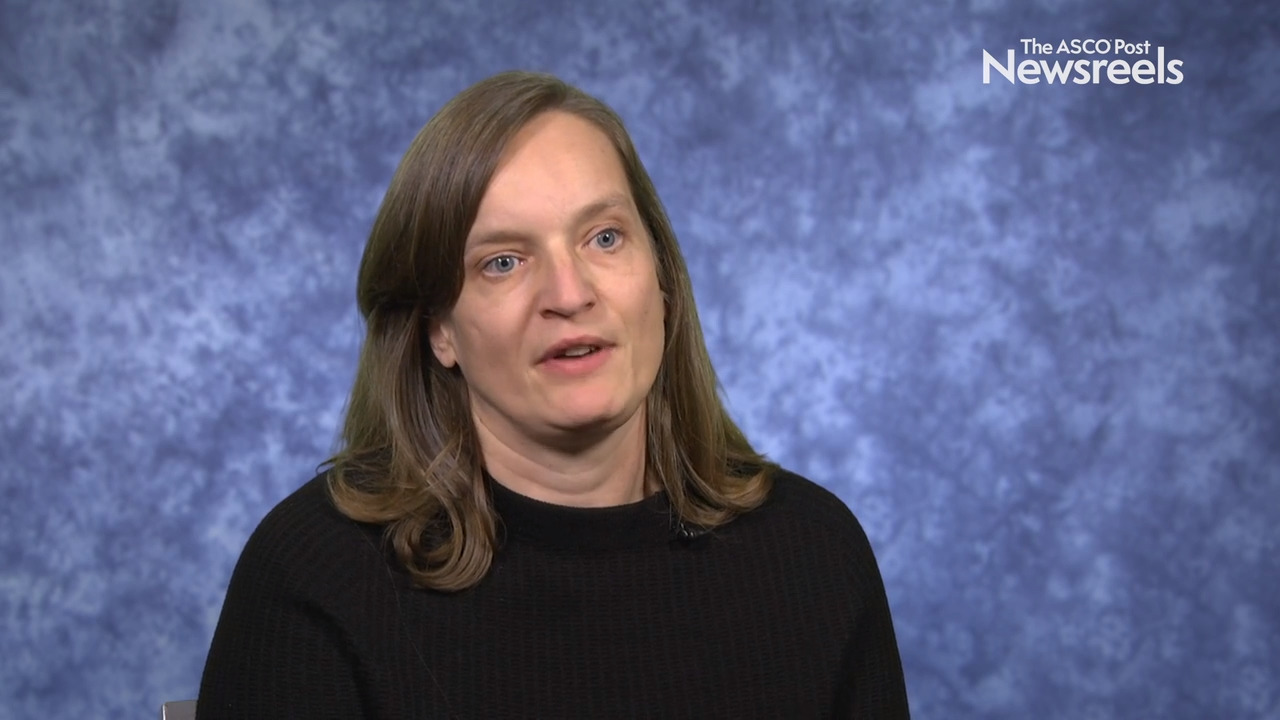Ralph R. Weichselbaum, MD, on Oligometastatic Cancer: The Role of Radioimmunotherapy
2019 San Antonio Breast Cancer Symposium
Ralph R. Weichselbaum, MD, of the University of Chicago, summarizes a plenary lecture in which he presented data that could guide future clinical strategies: studies supporting the basis and classification of oligometastatic disease, including breast cancer; and basic and clinical data on radioimmunotherapy (Abstract PL2).
Priyanka Sharma, MD, of the University of Kansas Medical Center, reviews new phase III data on adding oral fluoropyrimidine to adjuvant endocrine therapy, the current standard of care, in the setting of hormone receptor–positive, HER2-negative primary breast cancer (Abstract GS1-09).
Miguel Martín, MD, PhD, of the Gregorio Marañón Institute and GEICAM, discusses phase III study findings that showed no improvement in progression-free survival with palbociclib plus endocrine therapy vs capecitabine in patients with hormone receptor–positive/HER2-negative metastatic breast cancer whose disease progressed on aromatase inhibitors—although the drug combination was generally better tolerated than capecitabine (Abstract GS2-07).
Madeleine M.A. Tilanus-Linthorst, MD, PhD, of Erasmus University, reports data from the first randomized trial comparing MRI breast cancer screening with mammography in women with a familial risk. Because MRI screening detected cancer at an earlier stage, it might reduce the use of adjuvant chemotherapy and decrease breast cancer–related mortality (Abstract GS4-07).
Marie-Jeanne T.F.D. Vrancken Peeters, MD, PhD, of the Netherlands Cancer Institute, discusses an interim study analysis showing that ultrasound-guided core biopsies of the breast in patients with excellent response on MRI after neoadjuvant systemic therapy may not be accurate enough to safely select patients with pathologic complete response for omission of surgery (Abstract GS5-06).
Ivana Sestak, PhD, of Queen Mary University of London and the Centre for Cancer Prevention, discusses study findings that confirm the prognostic ability of the Clinical Treatment Score at 5 years (CTS5) for late distant recurrence, specifically for patients older than 50 years and/or for those deemed to have intermediate- or high-risk hormone receptor–positive, HER2-negative, node-negative breast cancer. The CTS5 is less prognostic in women younger than 50 who received 5 years of endocrine therapy alone (Abstract GS4-03).
